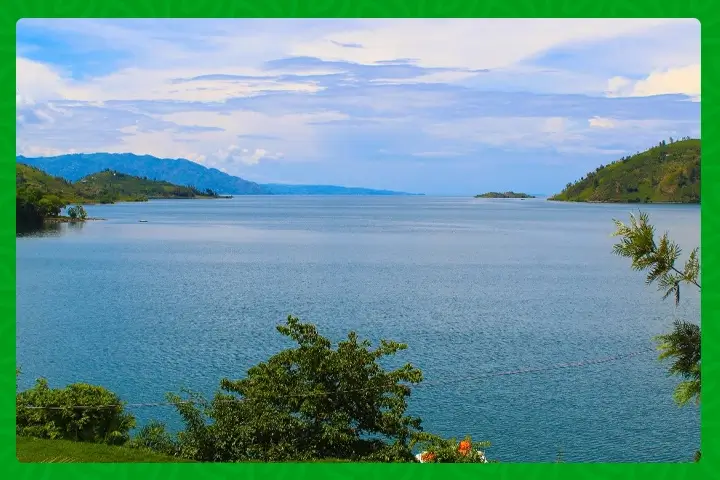
In a bid to safeguard Rwanda’s pristine lakes, an investigation led by the Rwanda Environment Management Authority (REMA) has uncovered alarming levels of pollution stemming from construction and agriculture projects, along with unregulated waste discharge. Lakes Kivu, Burera, Ruhondo, and Muhazi, integral to the nation’s biodiversity and economic vitality, face unprecedented threats. This revelation prompts us to delve into the repercussions of these findings and explore the critical steps needed to preserve these invaluable water bodies.
The Impact on Lakes and Livelihoods:
The report highlights that pollution in these lakes poses a significant risk to both biodiversity and the local economy. Lakes, such as Kivu, play a crucial role in supporting the local population’s livelihood, with sardine production alone fluctuating between 300 to 500 tonnes per week. Additionally, ongoing projects in Lake Kivu aim to harness its resources for cooking gas and electricity, further emphasizing the lakes’ economic importance. The twin lakes of Burera and Ruhondo, besides being vital for hydropower production, are linked to the Rugezi wetland, a critical birding area in Rwanda. Lake Muhazi, a source of livelihood for the fishing community, contributes to River Nyabarongo, a tributary of the River Nile.
The Polluting Culprits:
The REMA investigation reveals that the lakes face threats from various activities, including the dumping of stones and sand into Lake Kivu, agriculture, livestock activities, and unauthorized construction in prohibited buffer zones. Wastewater discharge containing harmful substances further exacerbates the situation. Industries, accounting for over 30 percent, release untreated wastewater into these bodies, causing adverse environmental impacts, habitat changes, and a decline in biodiversity.
Water Resources Board Validates Concerns:
Remy Norbert Duhuze, Manager of the Water Monitoring and Quality Control Division at the Rwanda Water Resources Board (RWB), emphasizes that illegal human activities are the primary cause of water pollution. His call to action includes the strict protection of buffer zones, proper treatment of discharged water, and the crucial role of citizens in reporting violations.
Community-Led Conservation:
Conservation experts propose a community-driven approach to curb encroachment and pollution. Duhuze encourages community involvement, stressing the need for collaboration with formal structures and the reporting of any observed violations. This community-based model aligns with a sustainable solution to protect Rwanda’s lakes and rivers.
Legal Consequences for Polluters:
Stringent environmental laws exist to penalize violators, including fines, demolition of installations, and rehabilitation responsibilities. The 2018 law prohibits waste dumping, construction within specified buffer zones, and pollution beyond permissible limits. Convicted violators face imprisonment and substantial fines, reflecting the seriousness with which Rwanda addresses environmental offenses.
Charting a Sustainable Future:
To secure Rwanda’s lakes for future generations, a collective effort is imperative. Strict adherence to environmental laws, community engagement, and the promotion of sustainable practices are vital. By embracing these principles, Rwanda can pave the way for a thriving ecosystem, ensuring its lakes continue to be a source of life, biodiversity, and economic prosperity. Together, let us embark on a journey to preserve and protect the heart of Rwanda’s natural heritage.


















